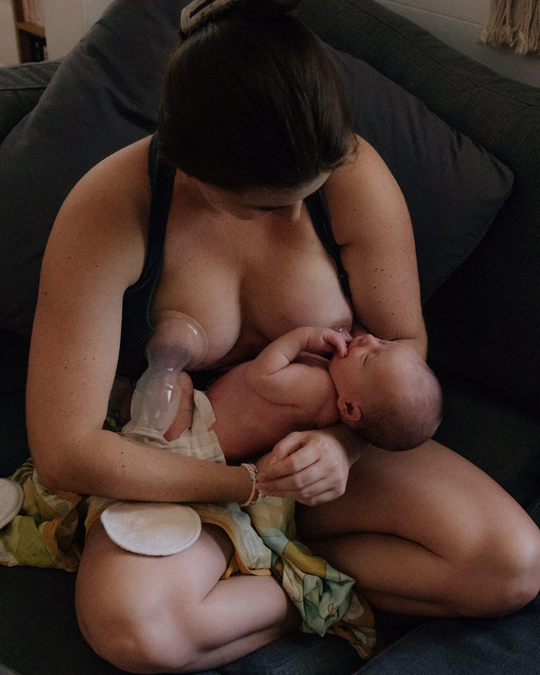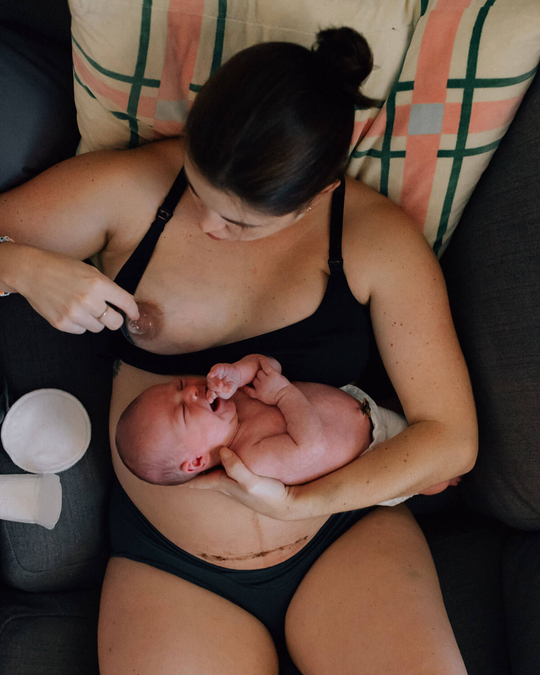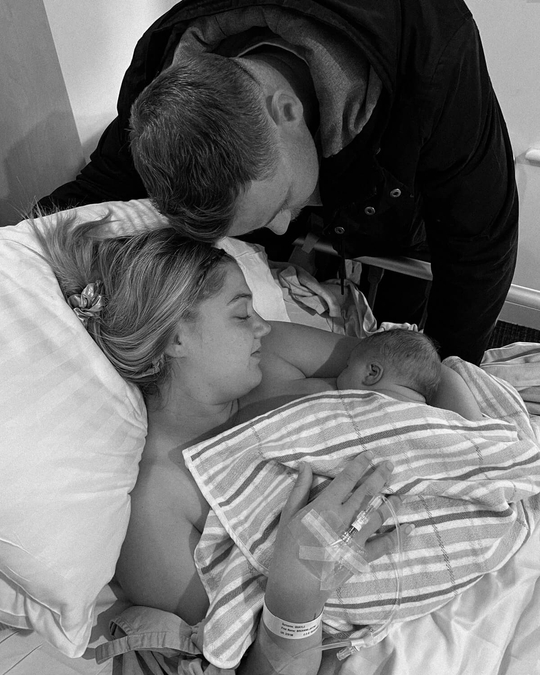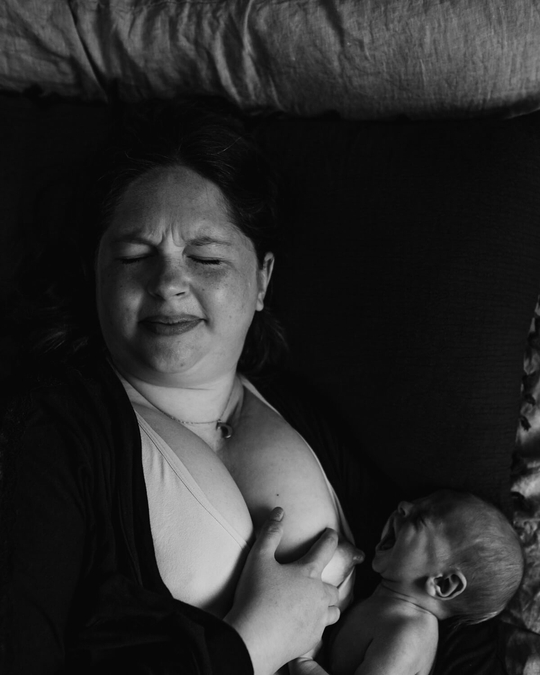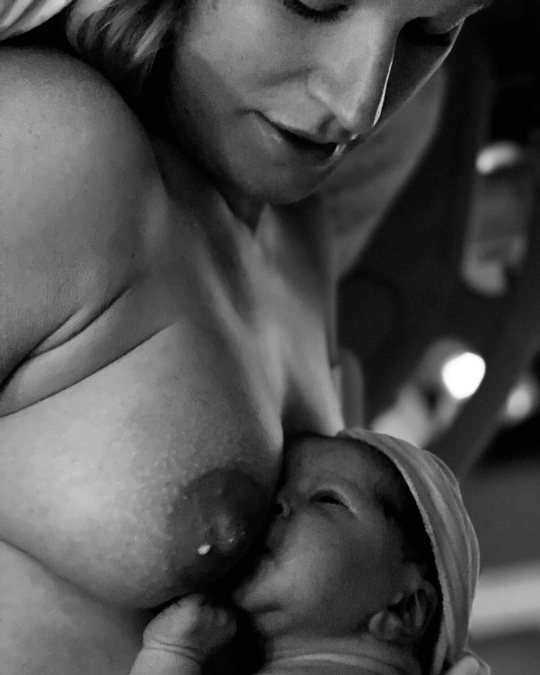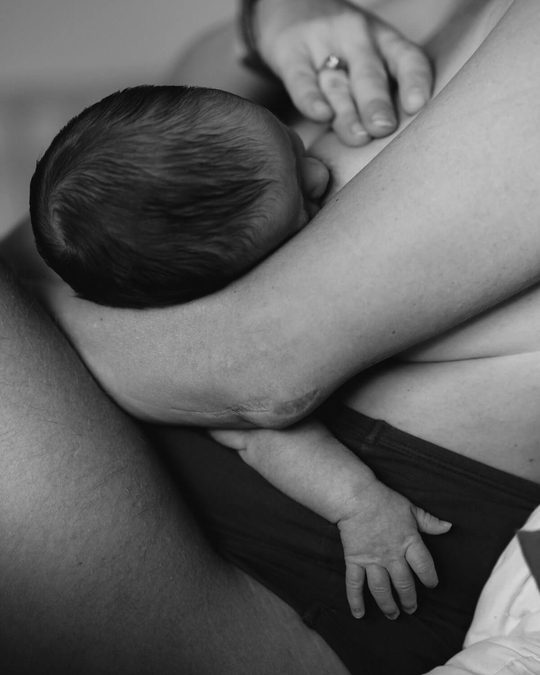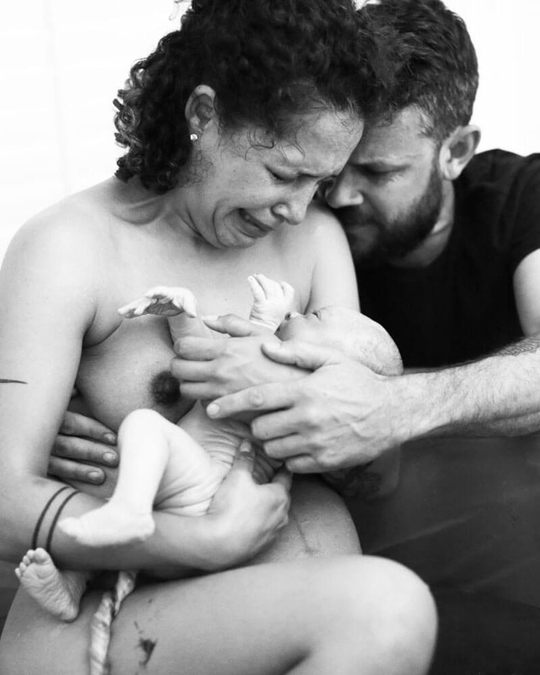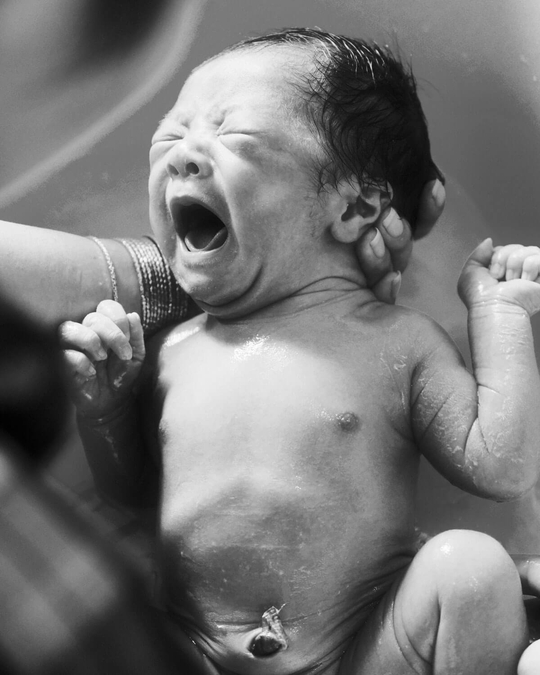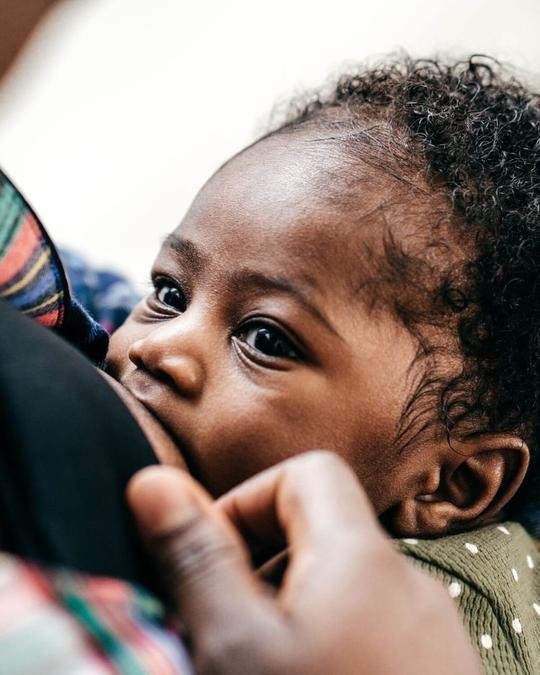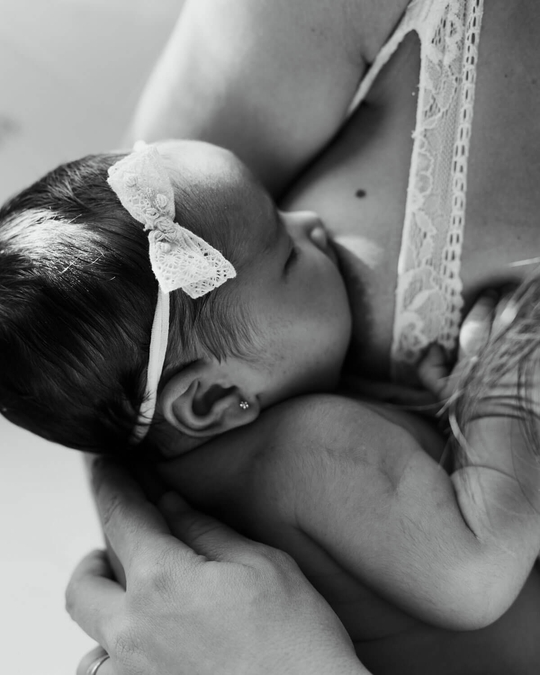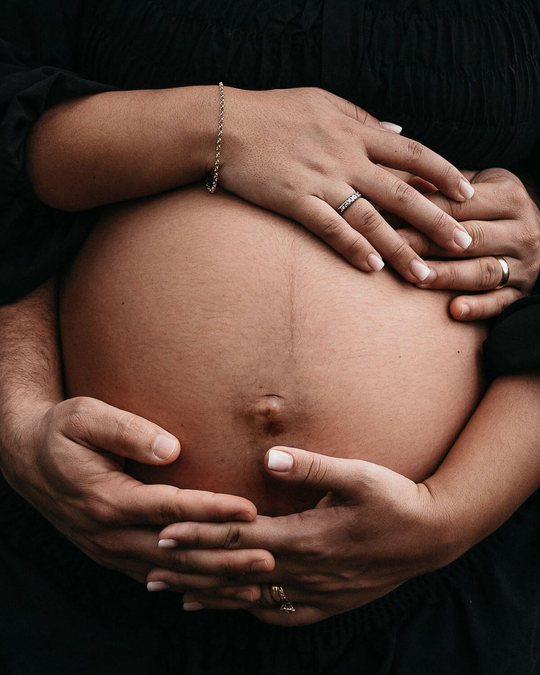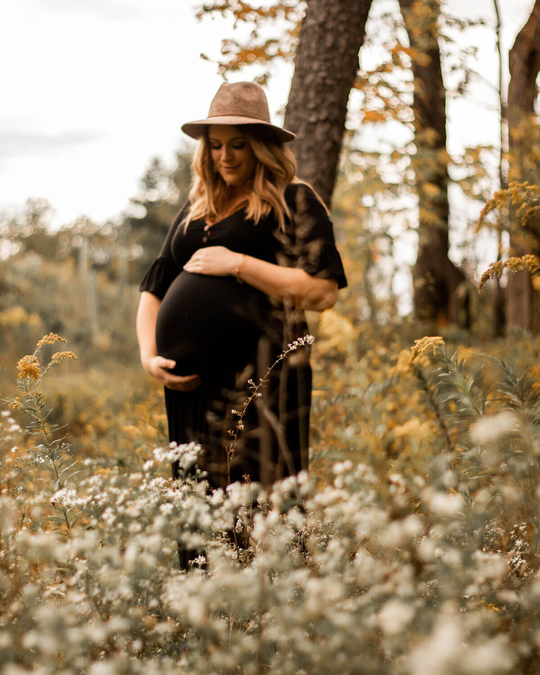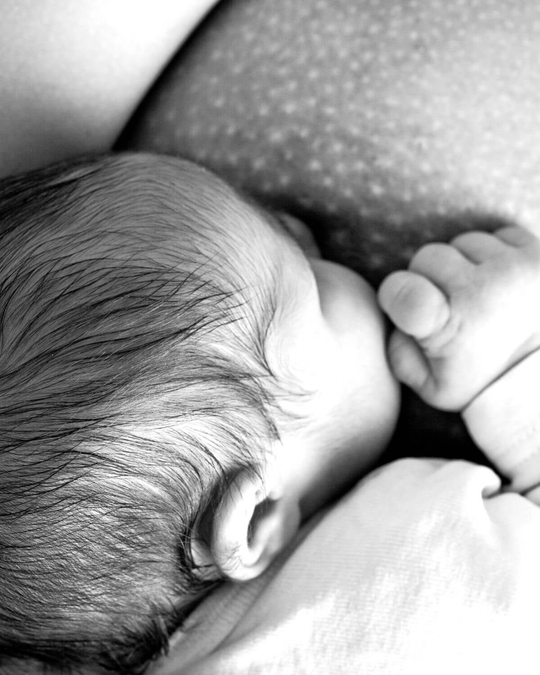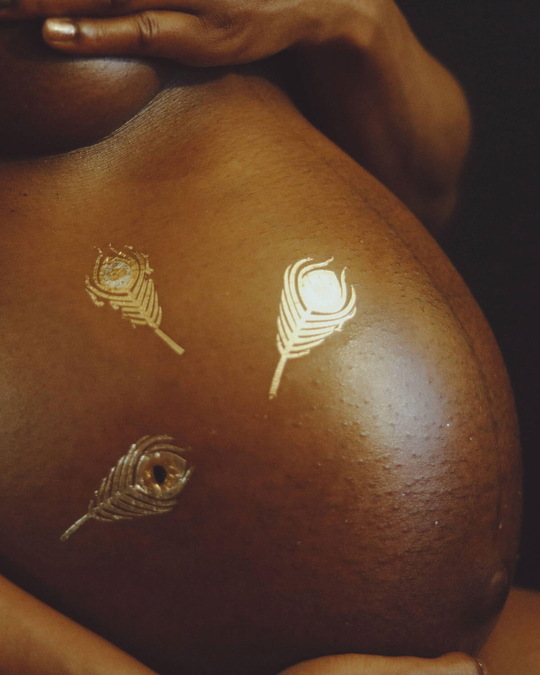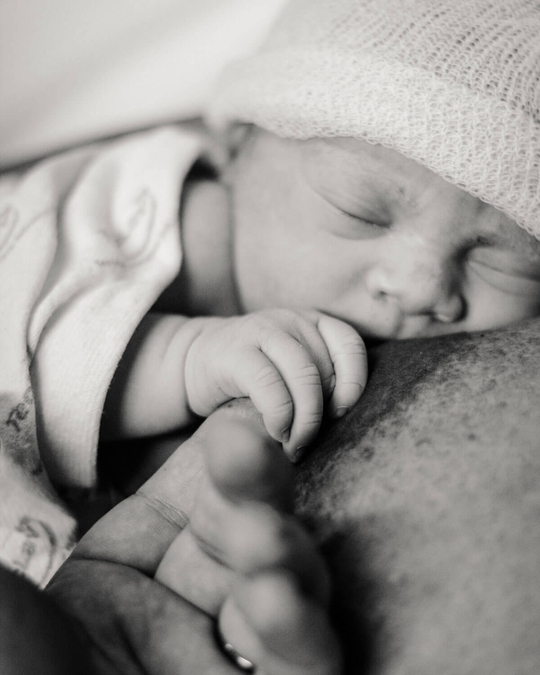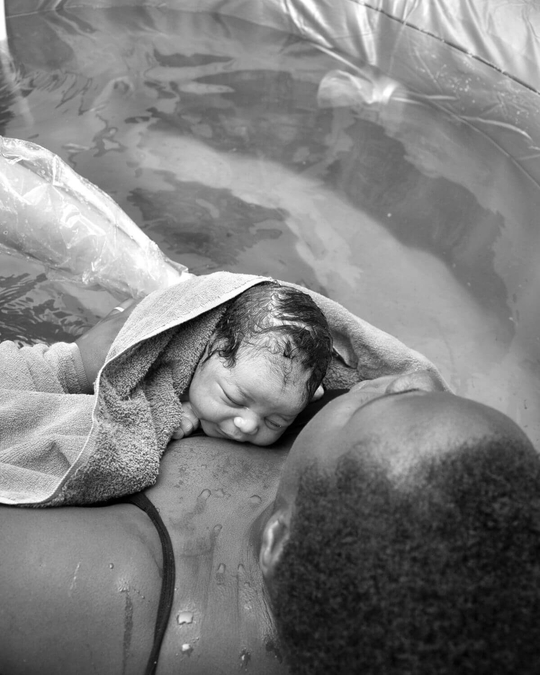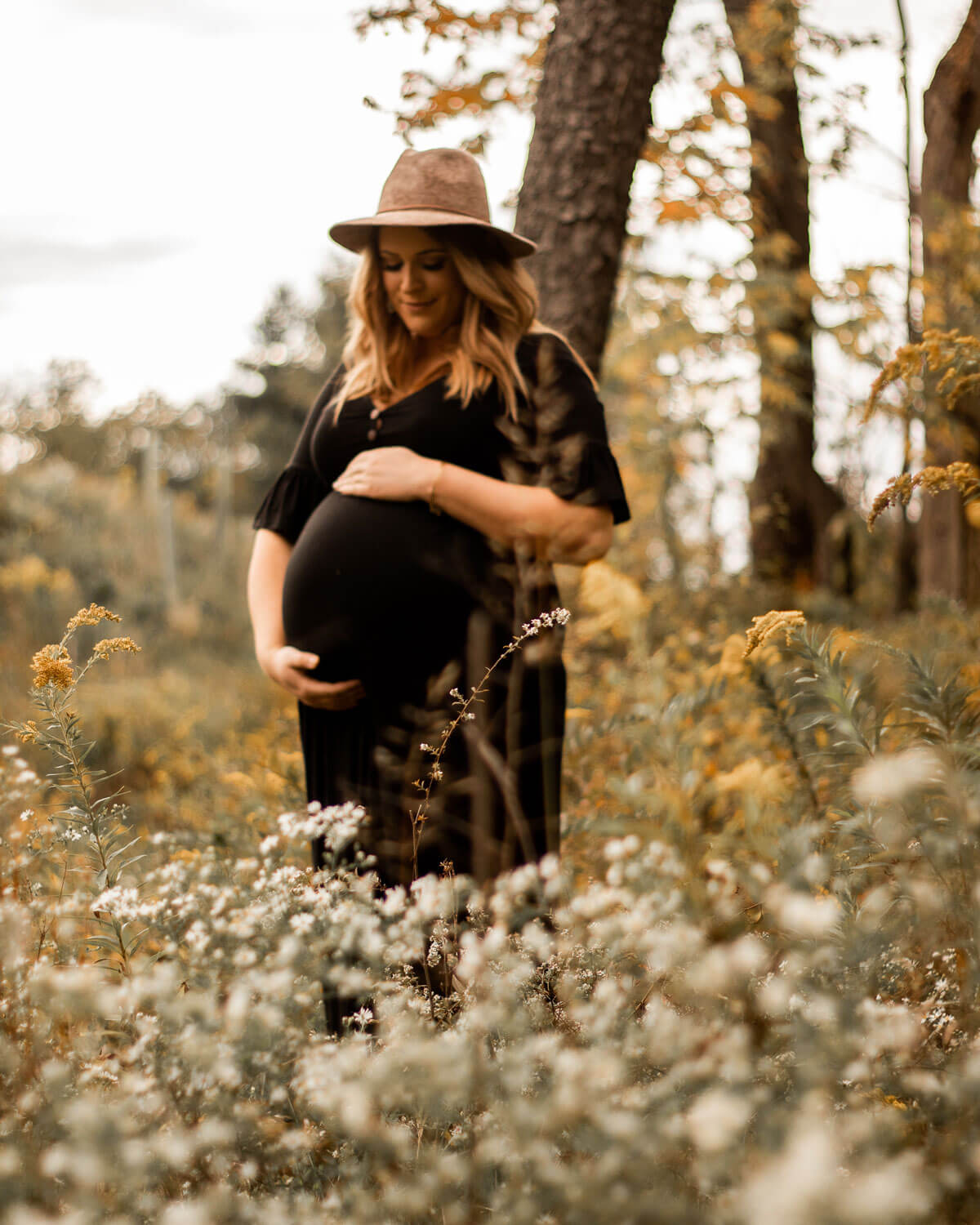What is morning sickness?
Its medical definition is ‘nausea and vomiting from pregnancy’.
Approximately ¾ of women will experience some form of morning sickness during the first trimester of pregnancy.
Morning sickness will usually begin week 4-6 and end week 14-16.
Symptoms
- Nausea
- Loss of appetite
- Vomiting
- Psychological effects (depression/anxiety)
Possible causes of morning sickness
- High levels of hormones
- Blood pressure fluctuation
- Changes in carbohydrate metabolism
- Physical and chemical changes that pregnancy triggers
It is important to remember that every pregnancy is different and not all women will experience the same symptoms and for the same period of time.
Morning sickness myths busted
1. It only happens in the morning
This is not true. Morning sickness symptoms are often worse in the morning, hence its name, but can occur at any time of the day or night.
2. Morning sickness only occurs in the first trimester
This is not true. Majority of women will experience morning in the first trimester only. However, 1 in 5 women will experience sickness in the 2nd trimester with 1 in 1000 women experiencing sickness throughout their entire pregnancy.
Severe cases of morning sickness is known as hyperemesis gravidarum. Women experiencing this condition get very sick and are hospitalized for periods of time to manage help their well being and well being of their unborn child.
3. All women experience morning sickness
This is not true either. A small number of women are lucky enough not to have any symptoms. The lack of morning sickness can sometimes be an indication of miscarriage, in the first trimester but it is not always the case. Women go on to have healthy full term babies.
4. If I have morning sickness in my first pregnancy will I have morning sickness during my second pregnancy?
This is not true. It is important to treat every pregnancy as unique.
Women who have extreme cases of morning sickness (hyperemesis gravidarum) with their first pregnancy do not necessarily have the same experience second time around.
Related: First Pregnancy vs Second Pregnancy
5. Morning sickness can effect the development of my growing baby
This is not true. Mild morning sickness will not affect the nutrients reaching your baby. However in extreme cases when a woman has to be hospitalized due to severe vomiting, dehydration and weight loss, this is a concern. Medical treatment is essential in these cases to ensure the well being of both mother and baby.
6. There is nothing you can do
Like all forms of illness there are a number of things we can do to help ease the discomfort.
- Get plenty of rest
- Keep hydrated
- Avoid very cold and sugary drinks
- Keep busy (distract yourself)
- Keep boiled sweets in your bag to suck on to help combat nausea
- Eat plenty of carbohydrates and protein for energy
- Eat often (lots of small snacks)
- Wear comfortable clothing
- Keep cool and avoid hot stuffy places
- Carry wet wipes and a sick bag in your hand bag incase of emergency
—
Disclaimer: Cake does not provide medical advice, diagnosis, or treatment. Any information published on this website or by this brand is not intended as a substitute for medical advice, and you should not take any action before consulting with a healthcare professional.



